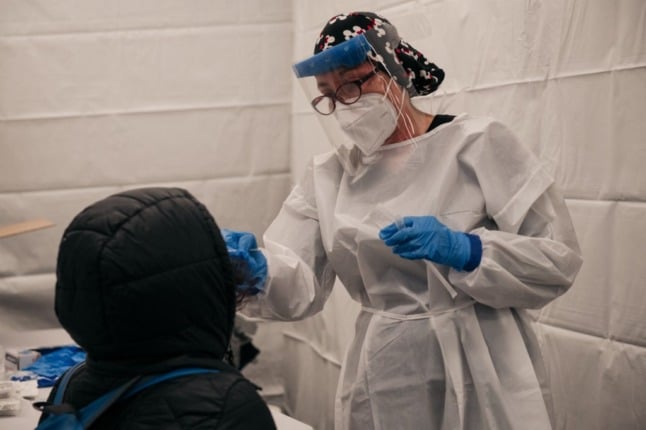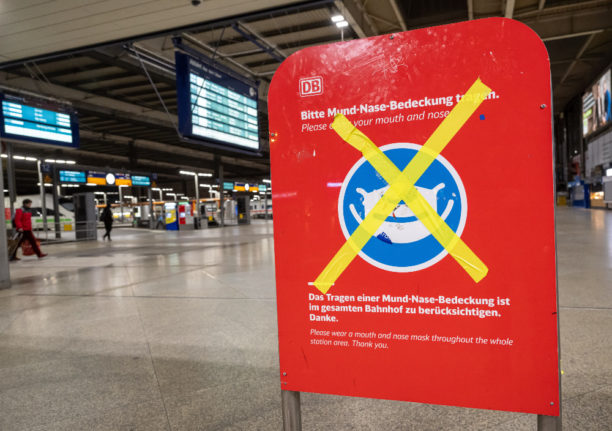Several changes to Germany’s Covid-19 rules could be on the way later this week, following Friday’s planned meeting between the country’s federal and state governments.
Changes to quarantine or self-isolation regulations are widely expected. Here’s an overview of the country’s rules as they now stand.
Quarantine Time for Positive Tests or Contact cases
Anyone who tests positive for Covid-19 using a PCR test in Germany must isolate at home for up to ten days, including those who are fully vaccinated.
This can be shortened to five days with a negative PCR test taken on that day or seven days with a negative antigen test taken on day seven.
Unvaccinated close contacts of those who test positive must isolate at home until they can get tested for Covid-19. If the test is negative, these close contacts can typically leave quarantine.
Fully vaccinated or recovered contact cases are exempt from having to quarantine at all, nor do they need to take a test, as long as they show no symptoms.
However, there are exceptions to these rules in the case of infections with the Beta, Gamma, or Omicron variants. In these cases, a 14-day at-home quarantine is required for those testing positive and their contacts—even for those who are fully vaccinated or recovered. There is also currently no way to shorten that quarantine time through a negative test.
If you get a notification on Germany’s Corona-Warn-App of having been in contact with someone who later tested positive for Covid-19, you are advised to call your local health authority, your doctor, or the German medical assistance hotline at 116 117. They will likely arrange a free test for you.
Any questions about quarantine can be forwarded to your local health authority.
READ ALSO: What to do if you get a red alert on Germany’s Covid warning app
Quarantine After Entering Germany from Abroad
Germany currently designates “high-risk” countries and “virus-variant areas.”
All travellers coming back from these countries must fill in an entry declaration. Vaccinated and recovered people returning from a high-risk area are exempt from both pre-departure test requirements and quarantine rules upon landing.
Unvaccinated travellers must present a negative test taken no more than 48 hours before entering Germany, and quarantine for ten days after arriving.
They then have the option of getting a negative antigen or PCR test on day five to be released early.
Travel from virus-variant areas is restricted to German citizens and residents, who must get a PCR test no earlier than 48 hours before landing in Germany and quarantine for 14 days without the possibility of shortening it. These rules also apply also to the vaccinated and recovered.
EXPLAINED: How Germany removing UK from virus-variant list affects you



 Please whitelist us to continue reading.
Please whitelist us to continue reading.
Member comments